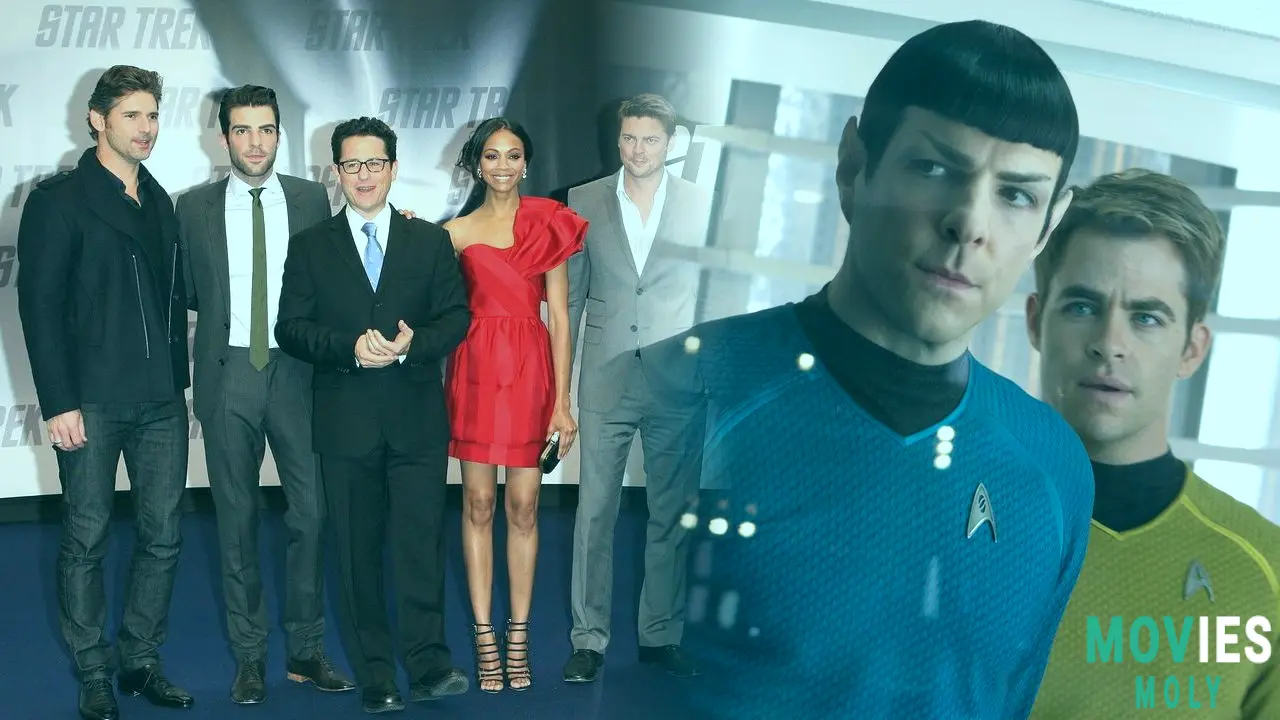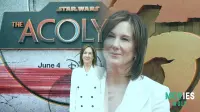After nearly a decade since its last big-screen adventure, the Star Trek cinematic universe starring Chris Pine and Zachary Quinto is officially being retired. Paramount is charting a "fresh" course for the franchise on the big screen, leaving many fans wondering what's next.
TL;DR
- Paramount has officially "moved on" from the Kelvin Timeline, meaning no Star Trek 4 with Chris Pine's crew.
- The studio aims for a "fresh" new `Star Trek` movie featuring "brand new characters" and a new creative team.
- Despite the Kelvin films' mixed box office and fan reception, many cast members were keen to return, and the movies garnered a loyal following for their action and character focus.
Imagine Captain Kirk standing on the bridge of the Enterprise, looking out at a starfield, only to be told his mission, and his entire timeline, is officially over. That's essentially the news hitting `Star Trek` fans this week: Paramount has confirmed it's "moved on" from the Kelvin Timeline films, the J.J. Abrams-led reboot series that brought a new generation of Kirk, Spock, and the Enterprise crew to the big screen.
This decision, reported by Variety, puts a definitive end to the long-speculated future of Chris Pine, Zachary Quinto, and the rest of their cast returning for a fourth outing. While the small screen has seen a flourishing array of `Star Trek` shows on Paramount+, the film side has been in limbo since 2016's Star Trek Beyond.
Paramount Charts a New Course for Its Cinematic StarfleetThe news comes amidst significant shifts at Paramount, following its merger with Skydance. David Ellison, the new CEO, is reportedly looking for "novelty" in the `Star Trek` franchise, not "more of the same." This vision means a hard pivot away from the Kelvin films.
Instead, Paramount is focusing its energy on developing a "fresh" `Star Trek` movie, one that will introduce "brand new characters." J.J. Abrams is still involved as a producer, alongside Simon Kinberg, Andor director Toby Haynes, and screenwriter Seth Grahame-Smith, signaling a new creative direction for the cinematic universe.
A Crew Eager to Re-Engage, Despite the Studio's New Direction
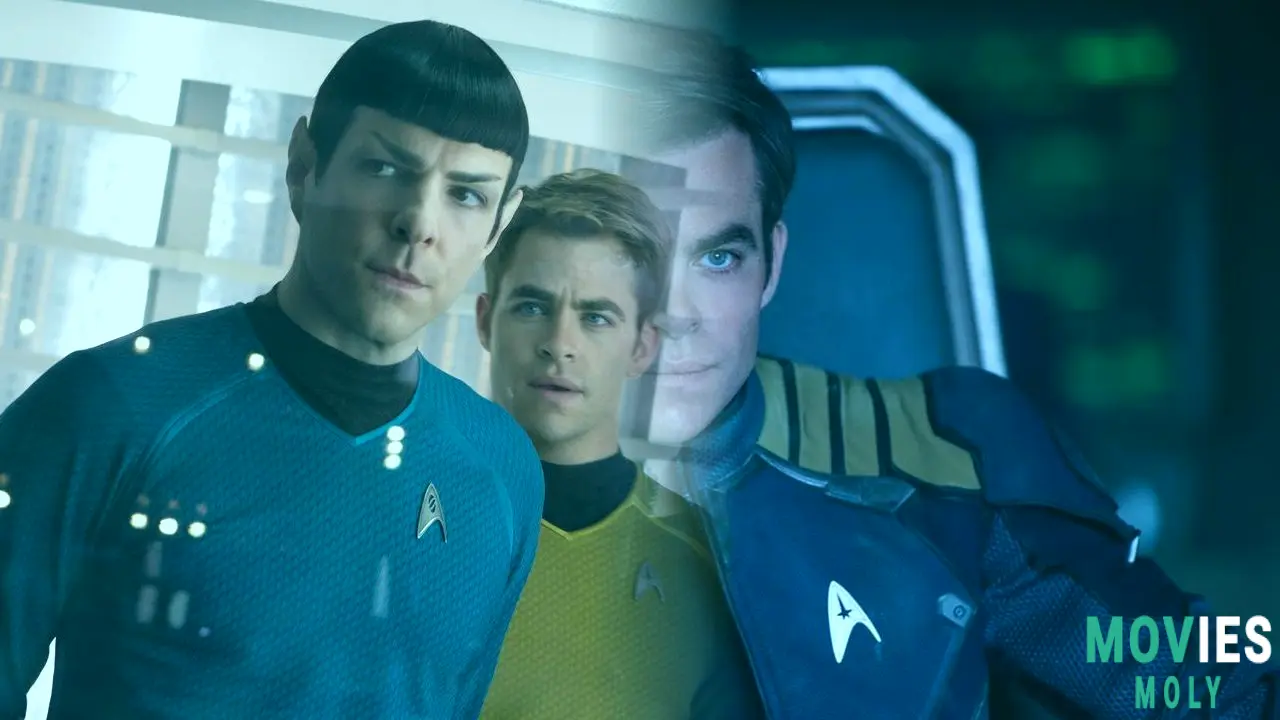
Even as the studio makes its definitive move, the cast members of the Kelvin Timeline films had expressed a strong desire to return. Simon Pegg, who brilliantly played Scotty, noted in August that Skydance's new leadership, particularly David Ellison's known fandom, seemed promising. "I would be delighted if we could make another film. I love those guys," Pegg stated at STLV: Trek to Vegas. He even envisioned a storyline, suggesting, "It would be great to see us 10 years after the five-year mission, where we are."
Quote from Zachary Quinto:
"I feel like it's a great time. It's been 10 years since the last film. We all love each other. We had a great time making those Movies. I think we'd all love to come back together and tell them more. I think fans would be really excited by it. And I think the time is right, if you ask me."
— Zachary Quinto (Spock), speaking to Today in September.
Zachary Quinto echoed this sentiment in September, telling Today that "now's the moment" for a new Kelvin Universe movie, expressing his eagerness to "put back the ears on." These comments highlight a disconnect: a cast enthusiastic about returning to roles they clearly loved, while the studio had already decided to boldly go in another direction.
Dissecting the Decision: Why Paramount Moved On
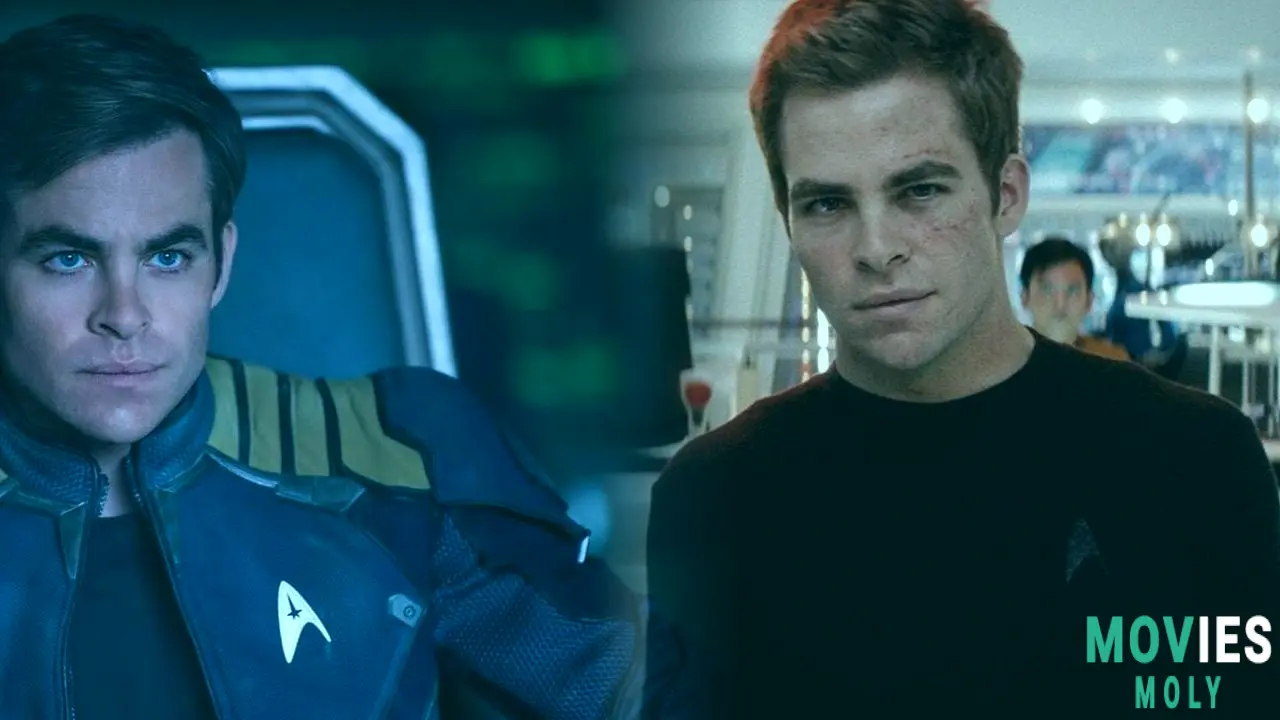
The decision to retire the Kelvin Timeline isn't entirely surprising when looking at the numbers and the new corporate strategy. While 2009's Star Trek (which earned $385.6 million globally) and 2013's Star Trek Into Darkness ($467.3 million globally) performed respectably, 2016's Star Trek Beyond saw a dip, disappointing at the global box office with $343.4 million.
Simon Pegg himself acknowledged Beyond's underperformance, suggesting that "the marketing wasn't quite right," and that it "wasn't going to draw anybody new in." This indicates a perception within the creative team that external factors, rather than the film's quality, hindered its reach. However, for a studio focused on revitalizing franchises, consistent box office growth is often key.
Beyond the financial aspect, the new leadership under David Ellison appears to be steering Paramount towards a slate of films that resonate with a specific audience. Reports from Variety and Blunt Magazine suggest Ellison's "alpha male agenda" involves greenlighting "the kind of material that red-state America adores," with sequels to action-heavy films like Top Gun and Days of Thunder being mooted. This approach presents a clear tradeoff: embracing a specific market might mean distancing from the traditionally progressive themes that define `Star Trek`.
One counterpoint to this new direction is how well `Star Trek`’s core values align with a "militaristic patriotism." `Star Trek` has historically championed interstellar coexistence, cosmic diplomacy, and has been "optimistically 'woke'" since its inception, famously featuring the first interracial kiss on mainstream U.S. television. An example of this subtle tension might be if a future `Star Trek` film were to solely focus on high-octane space battles without exploring the nuanced ethical dilemmas or diverse cultural interactions the franchise is known for. This shift could risk alienating a significant portion of its long-standing fanbase who appreciate the show's philosophical depth.
A Look Back at the Kelvin Universe's Controversial Yet Enduring Impact
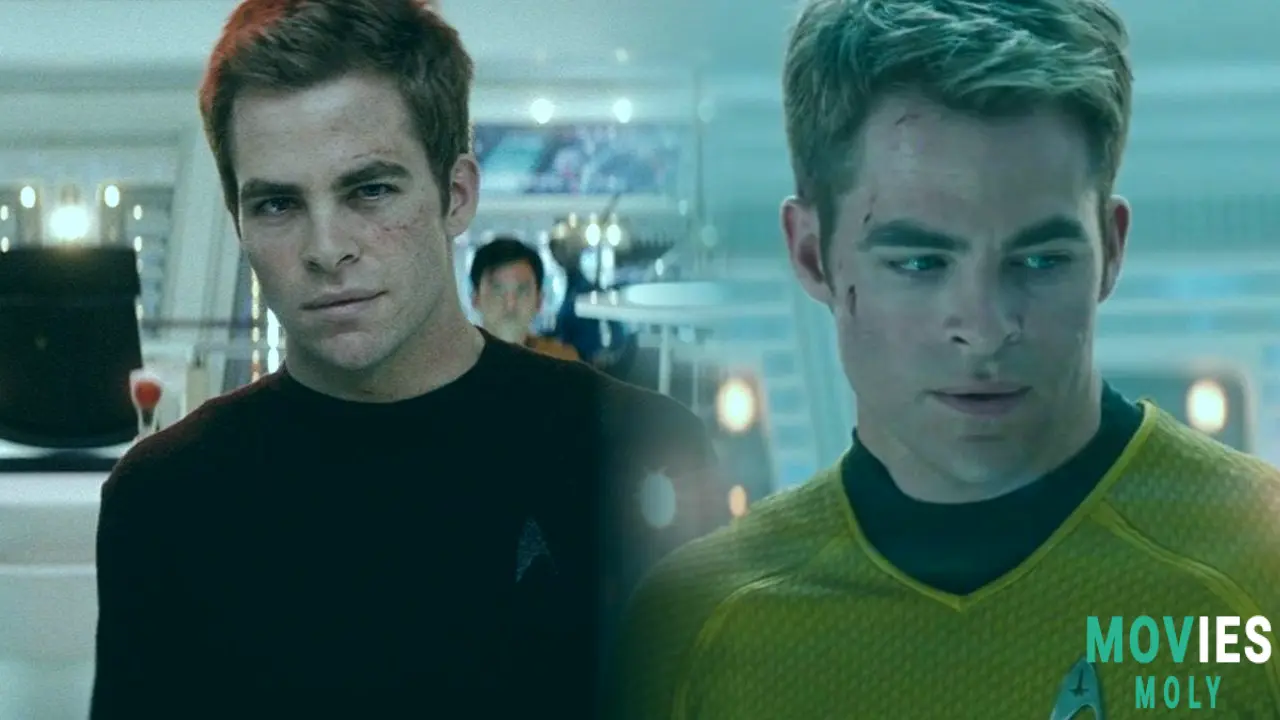
The Kelvin Timeline, initiated by J.J. Abrams, was a bold experiment. It carved out an alternate universe, allowing familiar characters like Kirk and Spock to embark on new adventures without erasing the original "Prime" timeline. This creative choice was a genius move, sidestepping the common reboot pitfall of invalidating past stories. As Den of Geek contributor Joe George eloquently put it, "the Kelvin split left intact everything that came before, and just created its own branching timeline."
However, these films weren't without their critics. Some fans felt they stripped away `Star Trek`'s philosophical debate, transforming it into "Star Wars movies retrofit for Federation service." The emphasis on action sequences, such as the Beastie Boys-soundtracked drone destruction in the first film, certainly felt different from the more contemplative spirit of past iterations. Critics also pointed to moments like John Harrison's reveal as Khan in Into Darkness, arguing it was an example of fan appeasement over story advancement.
Yet, the Kelvin films also brought undeniable strengths. They were lauded for their dynamic cast, with Chris Pine's Kirk offering a fresh, roguish take, and Zachary Quinto's Spock embodying a simmering internal conflict. Karl Urban's "Bones" McCoy, in particular, was widely praised for his pitch-perfect DeForest Kelley impression, capturing the character's signature grouchiness. The movies also broadened the visual scope of the universe, introducing genuinely alien species like Keenser and Jaylah (Sofia Boutella in Beyond), moving beyond the budget-constrained humanoid designs of earlier `Trek`.
Rachel Leishman of The Mary Sue expressed a sentiment shared by many loyal fans: "my heart loved those Kelvin Verse movies... Star Trek Beyond, the best of them, might be the last of that universe does hurt me though." This indicates that despite any criticisms, the trilogy fostered a deep connection with many viewers who appreciated its unique approach.
The Road Ahead: Navigating the Future of Star Trek on the Big Screen
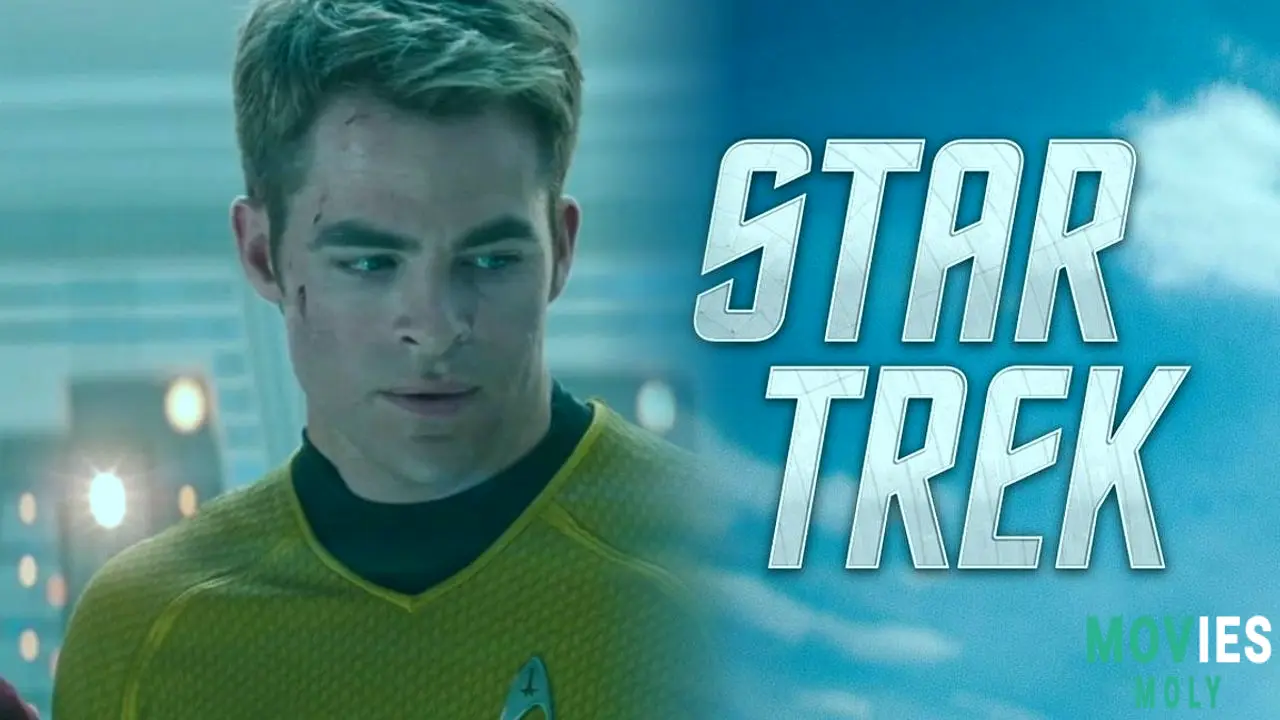
So, where does `Star Trek` go from here on the big screen? Paramount's commitment to a "fresh" movie with new characters suggests a clean slate, potentially exploring an entirely different corner of the vast `Star Trek` universe or even a different era. An "origins" film with a new cast was reportedly in the works for a proposed 2025 release, helmed by Toby Haynes and written by Seth Grahame-Smith, though its current status is unclear, as TrekCore Staff reported in November 2025.
While the future of `Star Trek` films remains a big question mark, the franchise continues to thrive on television. Paramount+ hosts successful shows like Strange New Worlds, which recently received a renewal for its fifth and final season, and the upcoming Starfleet Academy set for early 2026. This success on the small screen presents a limitation for the film franchise: Is `Star Trek` truly suited for the blockbuster format in an era dominated by spectacle-driven cinema?
As Ben Child questioned in The Guardian, "Perhaps the more pertinent question here might be whether this grand old sci-fi saga is now really suited for the big screen at all." Despite critical plaudits for the Kelvin films, their struggle to consistently deliver billion-dollar box office numbers in line with other major sci-fi franchises suggests `Star Trek` might be better served by the episodic, character-driven storytelling television provides. The challenge for Paramount will be to find a cinematic vision that captures the essence of `Star Trek` while still drawing audiences to theaters, without simply becoming another generic space opera.
Practical Takeaways for Star Trek Fans
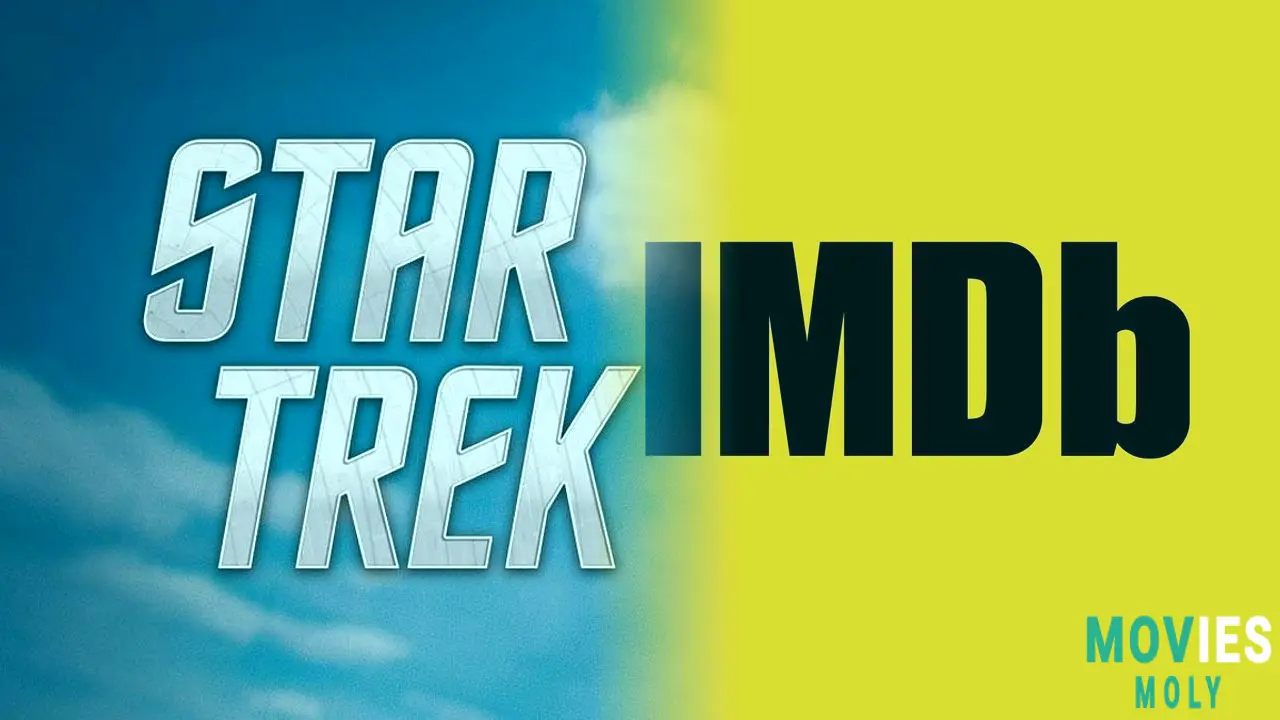
- Say Goodbye to Pine's Kirk: The Kelvin Timeline movies are officially over, meaning no more big-screen adventures with that specific cast.
- Anticipate a True Reboot: Expect a completely new cinematic story with new characters, potentially set in an unexplored era of the `Star Trek` universe.
- Keep an Eye on the Small Screen: While movies reboot, `Star Trek` TV shows like Strange New Worlds and Starfleet Academy are actively continuing and expanding the universe.
- Be Prepared for a Different Vibe: The new Paramount leadership may push for a different tone and thematic focus in future `Star Trek` films, possibly diverging from the Kelvin films' action-first approach or the franchise's traditional progressive roots.
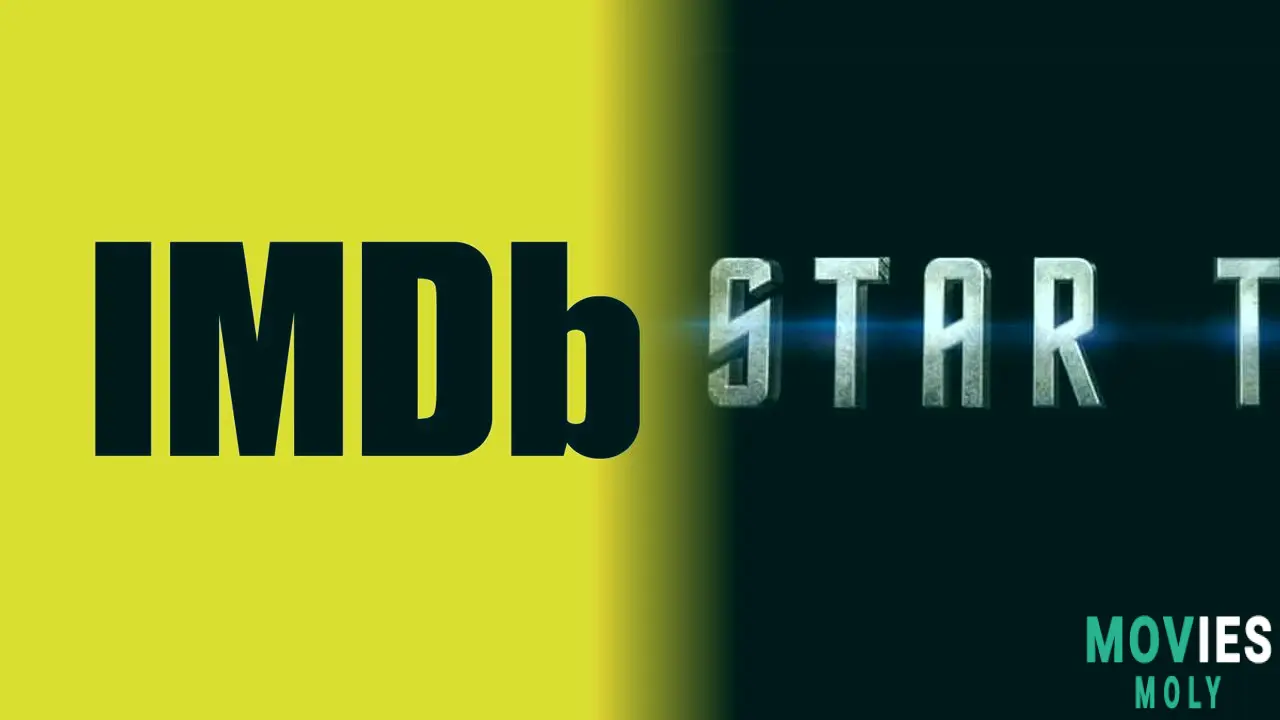
Q: Is Star Trek 4 with Chris Pine definitely canceled? A: Yes, according to multiple reports from sources like Variety, Paramount has "moved on" from the idea of bringing back Chris Pine, Zachary Quinto, and the rest of the J.J. Abrams reboot ensemble for Star Trek 4.
Q: What is the Kelvin Timeline? A: The Kelvin Timeline is an alternate universe in the `Star Trek` franchise created by J.J. Abrams' 2009 movie reboot. It diverges from the original "Prime" timeline due to a time-traveling Romulan ship, leading to a new history for Captain Kirk, Spock, and crew.
Q: Who is involved in the new "fresh" Star Trek movie? A: J.J. Abrams is still producing, alongside Simon Kinberg, Andor director Toby Haynes, and screenwriter Seth Grahame-Smith. This project is expected to feature "brand new characters."
Q: Are there any new Star Trek TV shows coming out? A: Yes, `Star Trek` continues to flourish on Paramount+. Strange New Worlds Season 4 is due out in 2025, with a fifth and final season to follow, and Starfleet Academy is scheduled to kick off in early 2026.
Sources
- Lyvie Scott, "Star Trek's Kelvin Timeline Is Officially No More," Den of Geek, November 5, 2025.
- Ben Child, "The 'Kelvin-verse' is history. Where do the Star Trek movies go from here?", The Guardian, November 7, 2025.
- Wesley Yin-Poole, "Paramount Reportedly Wants a Fresh Star Trek Movie, but Not With Chris Pine, Zachary Quinto, and the Rest of the J.J. Abrams Reboot Crew", IGN, November 4, 2025.
- Joe George, "An Ode to the Star Trek Kelvinverse", Den of Geek, November 5, 2025.
- Rachel Leishman, "An ode to the best Star Trek franchise", The Mary Sue, November 5, 2025.
- TrekCore Staff, "Paramount Has “Moved On” from a STAR TREK Kelvin Timeline Sequel Film, Says New Variety Report", TrekCore, November 4, 2025.
- Travis Johnson, "Star Trek may be heading back to the big screen without Chris Pine, Zachary Quinto, Simon Pegg, and pals.", Blunt Magazine, November 6, 2025.
- Nick Bythrow, "Star Trek Movie Plans Confirmed In Paramount Report", ScreenRant, November 4, 2025.
- Dan Girolamo, "Star Trek 4 Starring Chris Pine & Zoe Saldaña Gets Terrible Update", ComingSoon.net, November 5, 2025.
- Simon Brew, "Star Trek | Here comes the latest reboot", Film Stories, November 6, 2025.

